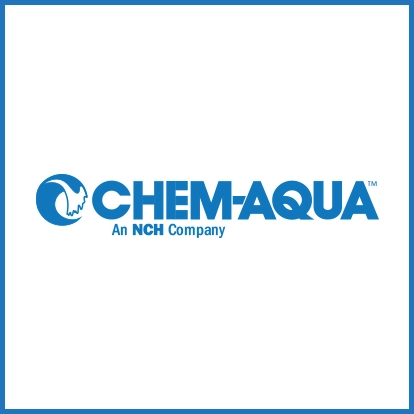Neutralizing Amines in Hospital Boilers
In the complex world of hospital maintenance, how do steam boilers stay efficient and compliant amidst the labyrinth of water treatment regulations? The latest episode of the Chem-Aqua podcast “Water Solutions“ explores the role of neutralizing amines in preventing corrosion in hospital steam systems.
This episode highlights not just the science behind these compounds but also the critical regulatory standards that govern their use, such as ASHRAE 170-2013 and FDA regulation 21 CFR 173.310.
It’s a narrative that intertwines the technical with the regulatory, emphasizing the importance of both in maintaining safe and efficient hospital operations. This insightful discussion by Chem-Aqua highlights the delicate balance between adhering to health standards and ensuring the longevity of crucial hospital equipment.
“Neutralizing means are essential for effectively controlling corrosion, but they must be properly applied and monitored to meet regulatory guidelines,” Chem-Aqua said.



